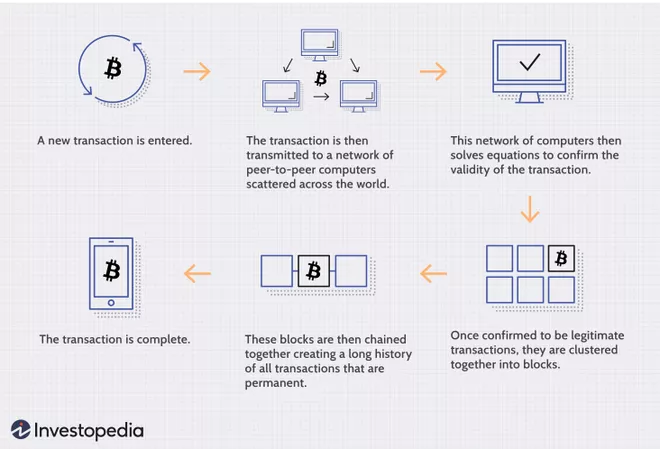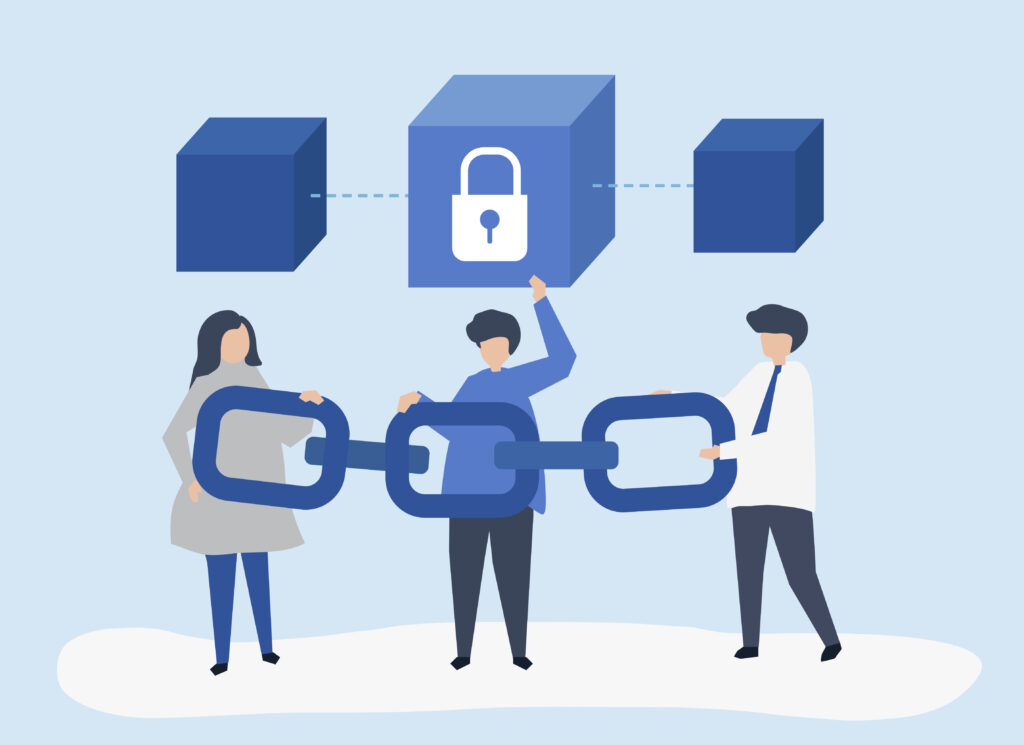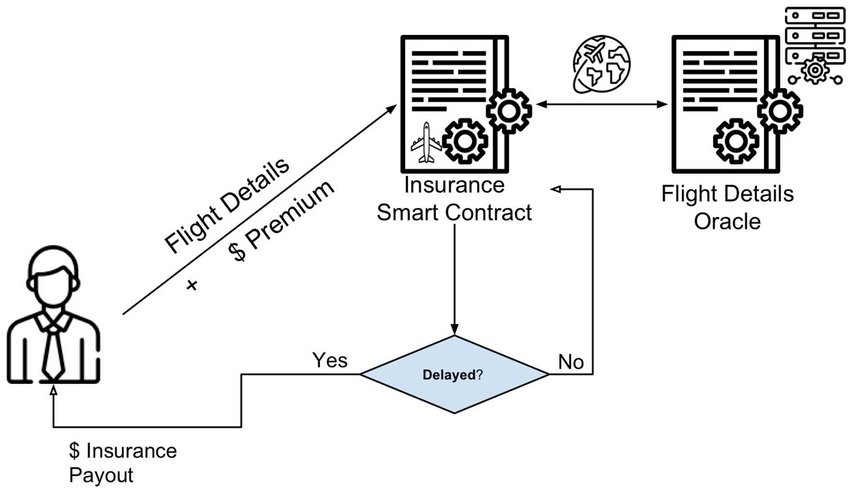

What's a blockchain?
It’s easy to get lost in the hype of crypto and Web3. But before deep diving into everything crypto, let’s take a step back to understand the underlying technology that governs all cryptocurrencies – Blockchain.
What is it: A distributed database that is shared amongst the nodes of a computer network.
Ok really what: It’s basically like a ledger of your account balances with all ins and outs (similar to what a bank maintains), but decentralised. The data is recorded in databases of multiple computers. Blockchains collect information in groups called as (guess?) blocks, that maintain a record of information or transactions. These blocks form a chain of data known as the blockchain.
Is it a new thing or no-one really cared before?
Is it a new thing: Investopedia confirms ‘First proposed as a research project in 1991, the blockchain concept predated its first widespread application in use: Bitcoin, in 2009’
Why is it suddenly the cool thing: Bitcoin (the OG crypto), Ethereum (the cool kid on the block) and all other cryptocurrencies run on blockchain. Cryptos (and NFTs) have been all the rage since 2021, but blockchains are the silent driving force behind it all.
Is that all a blockchain does – host cryptos: Want to say yes, but not really. Potential applications can include fund transfers, settling trades, voting, lending (think DeFi), insurance and other smart contracts, NFTs and many other issues.

So what's the big deal?
What’s the big deal? Why is it so special: This chain cannot be tampered, so any data stored once is stored forever on the blockchain, making it irreversible. The immutable data is a forever proof of a transaction.
Eg. For Bitcoin, this means that transactions are permanently recorded and viewable to anyone (remember decentralised – no authority can control, change, delete or hide this data. And trust me, some have tried very recently).
Are you saying it’s the best thing since sliced bread: I wish. Blockchains are expensive, cumbersome, used by many for drugs (like all money really), has a limit on the amount of data it can store, and has various other issues which still need to be worked on.

Yes but does it have any real use?
Ok but give me a real life example please? Consider “smart contracts,” a blockchain technology consisting of an algorithm and self-executing contracts with the terms of the contract between buyer and seller directly written into lines of code.
Smart contracts as insurance could be used to execute/de-execute clauses that depend on a specific behaviour, i.e., flight delay insurance (picture source below).The contract manages the operation of an insurance-like business process.
The user selects their preferred policy and pays the premium to the smart contract, when the flight lands, the smart contract gets the flight information from the airline website, consequently the smart contract will calculate and transfer the pay-outs.
Finally...
Bottom-line: Blockchains are still a nascent technology with various shortcomings and limitations. However, the potential here is massive, and it’s not something which can be ignored anymore. Companies like AIG, Walmart, Siemens, Unilever and IBM have already incorporated various forms of blockchain and this is just the beginning.
What if I want to read and learn more: Awesome. Some links to help you get started –
Image sources:
1. Investopedia
2. <a href=’https://www.freepik.com/vectors/blockchain’>Blockchain vector created by rawpixel.com – www.freepik.com</a>
3.Gaggioli, Andrea & Eskandari, Shayan & Cipresso, Pietro & Lozza, Edoardo. (2019). The Middleman Is Dead, Long Live the Middleman: The “Trust Factor” and the Psycho-Social Implications of Blockchain. Frontiers in Blockchain. 2. 20. 10.3389/fbloc.2019.00020.